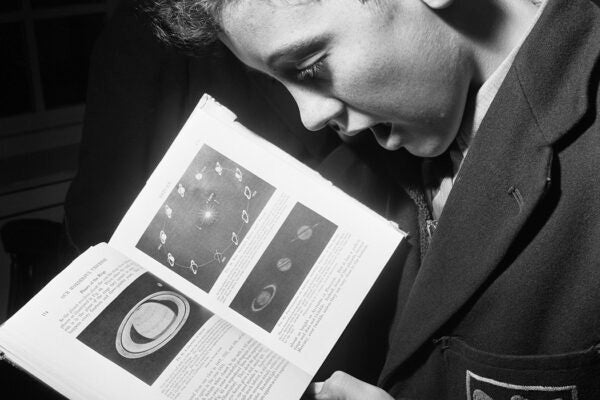Food is always political, from its unequal distribution to working conditions on farms to issues of ecology and animal rights. So it stands to reason that one of the most systematic designers of a utopia would put it front and center in his plans. As food historian Jane Levi writes, early nineteenth-century French philosopher Charles Fourier thought food was one of the key elements of a perfect society.
Fourier was an early socialist, envisioning a society divided into “phalanxes,” cooperative, self-sufficient communities composed of exactly 1,620 people—two of each of the 810 character types that he believed comprised the human race. In the mid-nineteenth century, Levi writes, around 200,000 people in the United States subscribed to Fourier’s political philosophy, and there were many Fourierist publications and groups in the United Kingdom and France, too.
To Fourier, the joy of eating was one of the great pleasures of life. But he argued that people must develop the instinctive love of food to a higher level. That involved learning about and participating in agriculture, food preservation, and cooking. In Fourier’s view, only sex was a more central aspect of ideal human life. In his utopian society, Harmony, aficionados of food and sex would rank slightly higher than scientific experts—who, in turn, would be a bit above those who were most advanced in the arts.
In Harmony, children’s early education would take place largely in the kitchen, which should be outfitted with tools designed for small hands.
“In common with the rest of the population, the children should work with their tastes and thus be primarily involved in preparing their favorite foods: dishes such as sugared creams, compotes, cakes, jams, and fruits,” Levi writes.
Unlike Rousseau, who idealized a simple, ascetic vegetarian diet, Fourier celebrated expansive human appetites. He mocked radicals who urged people to eat cabbage, turnips, and black broth for political reasons.
In Harmony, people would eat not only delicious food, but a whole lot of it. The society’s residents, particularly children born there, were to develop vigor and accelerated digestion, which would allow them to eat five meals a day. The most advanced Harmonians might eat nine.
Levi writes that Fourier meant his ideas about food to be taken literally, but he also used them as an easy way to write about ideas that might otherwise offend his readers.
“After the insights I’ve just given on the pleasures of the table, we could foresee the pleasures of love elevated to the same degree,” he wrote at one point.
Weekly Newsletter
Fourier even suggested replacing war with an enormous, months-long cooking contest, with alliances resulting in innovative combinations of dishes, and victory celebrated by the release of 300,000 Champagne corks. In response to those who might mock this vision, he noted that the cruelty and suffering of real-world war must surely be seen as more ridiculous.
Likewise, it may be hard to take Fourier’s overall ideas seriously, but his imaginary world of culinary perfection might offer an interesting reflection on the food culture we really live in.
Support JSTOR Daily! Join our new membership program on Patreon today.







